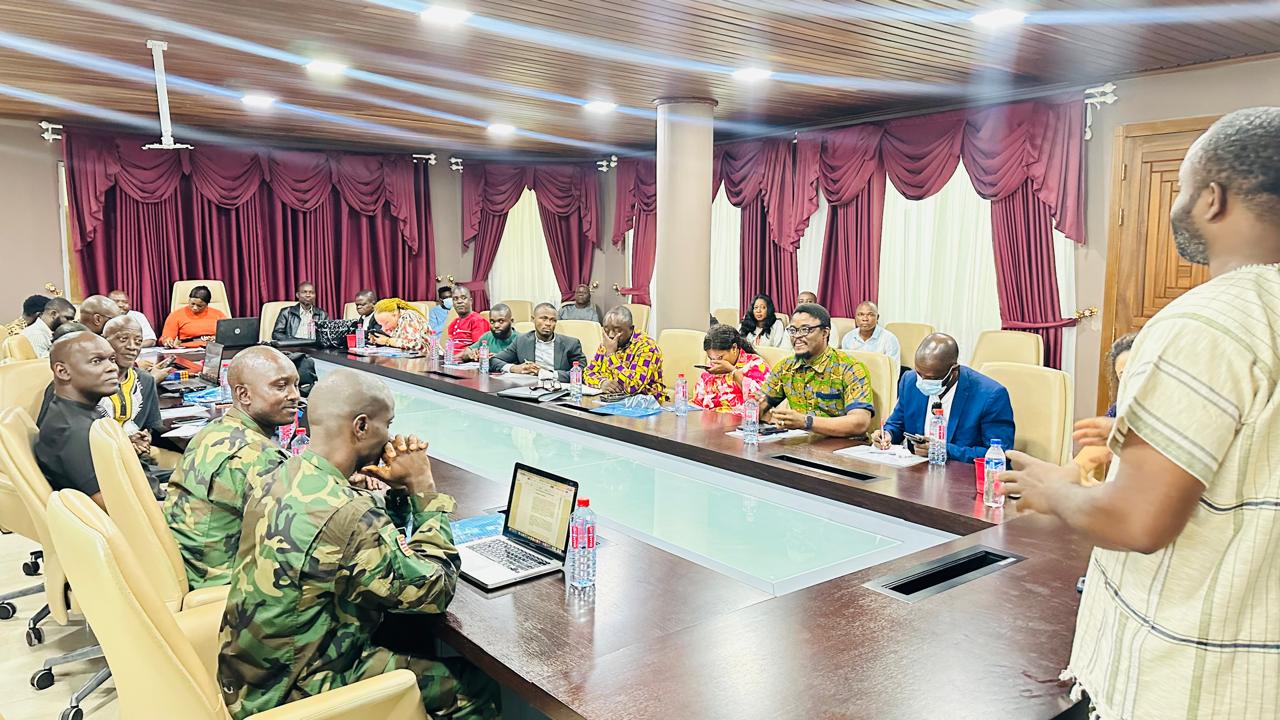Information
| Activity | Remote assistance, National workshop, Preparatory mission |
|---|---|
| Topic | National Oil Spill Contingency Plan (NOSCP), Sensitivity Mapping |
| Number of Participants | 60 |
Objectives
In order to create the mechanisms for the protection and conservation of biodiversity and marine and coastal resources against oil pollution, Liberia has been working for several years to strengthen its national capacities by the development and drafting of a National Oil Spill Contingency Plan (NOSCP). In 2023, Liberia formally requested assistance from the GI WACAF for continued development of its NOSCP, with an aim of having a document to be formally adopted as part of the implementation of the OPRC ’90.
The scope of the technical assistance was agreed to support the development of a national oil spill contingency plan, including country-specific strategies and operational plans that complement existing national processes and frameworks. As such, the Project has been divided into the following general stages:
- Information gathering and review
- Review existing national legal framework and identify synergies and potential conflicts with other legislation.
- Collate data with regards to actual oil spill risks in country.
- Response strategy development
- Identify general strategic and operational processes for inclusion in the Plan.
- Develop a roadmap for future requirements to enact and maintain an appropriate level of response capacity and capability.
- Collaboratively build context-specific operational plan
- Determine roles and responsibilities, response organization and command and control structure through stakeholder mapping and review of other complementary legislation.
- A general assessment of current resources and capabilities and how these might best be deployed in a response.
- Provide training to key stakeholders in the fundamentals of oil spill response
In the frame of this technical assitance to Liberia, two in-country visits has been organised:
- The first visit in july 2024 was intended to meet relevant stakeholders, request necessary data and documents from key stakeholders and become familiar with existing emergency response processes and oil spill response-related capacity. A field-based component of the Mission was intended to capture an overview of key environmental and socioeconomic sensitivities and any other oil spill source or response relevant features.
- The second visit in october 2024 was planned to provide training to key stakeholders in the fundamentals of oil spill response (using IMO OPRC model courses as foundation).

